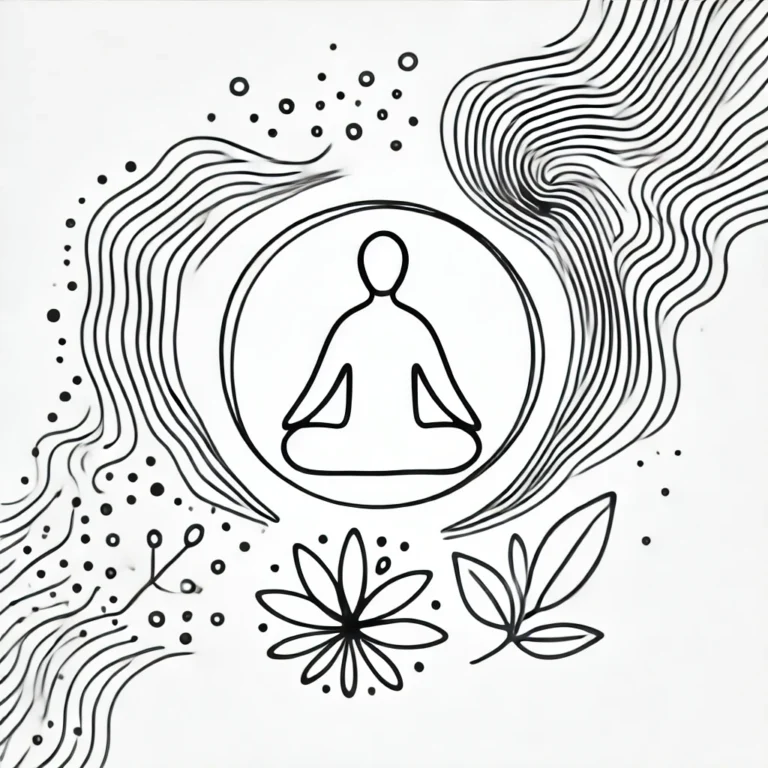10 Coping Strategies to Manage Anxiety
Anxiety is a common experience that many individuals face at some point in their lives. While it’s natural to feel anxious in certain situations, persistent and overwhelming anxiety can significantly impact daily functioning and overall well-being. Fortunately, there are various coping strategies that can help individuals better manage their anxiety and regain a sense of control over their lives. In this blog post, we’ll explore ten effective coping strategies for dealing with anxiety.
1. Deep Breathing Exercises:
Deep breathing exercises are a simple yet powerful technique for reducing anxiety. One can practice deep breathing by taking slow, deep breaths in through your nose, holding for a few seconds, and then exhaling slowly through your mouth. This practice helps activate the body’s relaxation response and can quickly calm anxious thoughts and sensations.
2. Mindfulness Meditation:
Mindfulness meditation involves paying attention to the present moment without judgment. By focusing on your breath, bodily sensations, or surroundings, one can cultivate awareness and reduce the grip of anxious thoughts.
3. Progressive Muscle Relaxation:
This practice helps release physical tension and promotes relaxation, which can alleviate symptoms of anxiety. Progressive muscle relaxation is great when practiced regularly especially when you are feelings very stressed or overwhelmed.
4. Physical Exercise:
Engaging in activities such as walking, jogging, swimming, or yoga can help reduce anxiety by releasing endorphins and lowering cortisol levels. Come with physical activities that you enjoy and add them as part of your daily routine.
5. Healthy Lifestyle Habits:
Prioritize your overall health by adopting healthy lifestyle habits. This includes getting an adequate amount of sleep, maintaining a balanced diet, limiting caffeine and alcohol intake, and staying hydrated. These habits can help regulate mood and reduce the risk of exacerbating anxiety symptoms.
6. Limiting Media Exposure:
In today’s digital age, constant exposure to news and social media can contribute to feelings of anxiety and overwhelm. Limit your exposure to distressing news and take breaks from social media when needed. Instead, engage in activities that promote relaxation and connection with loved ones instead.
7. Setting Boundaries:
Setting boundaries is very important because it a way to protect your mental and emotional well-being. Assertively communicate your needs and limits with others, whether it’s in personal or professional relationships. Establishing boundaries can help reduce feelings of stress as well.
8. Practicing Self-Compassion:
Be kind and compassionate toward yourself, especially during times of distress. Self-compassion involves treating oneself with the same kindness and understanding that one would offer to a friend facing similar challenges.
9. Seeking Support:
It’s OK to reach out to people you trust like friends, family, or mental health professionals. Talking about your feelings, thoughts, and experiences with supportive individuals can provide validation, perspective, and practical assistance in managing anxiety.
10. Professional Help:
If anxiety symptoms persist or significantly interfere with daily functioning consider therapy or counseling with a licensed mental health professional. Therapists can help with providing effective tools and strategies to help with managing anxiety.
By incorporating these ten coping strategies into one’s daily life, individuals can take proactive steps toward reducing anxiety and improving their overall well-being.


